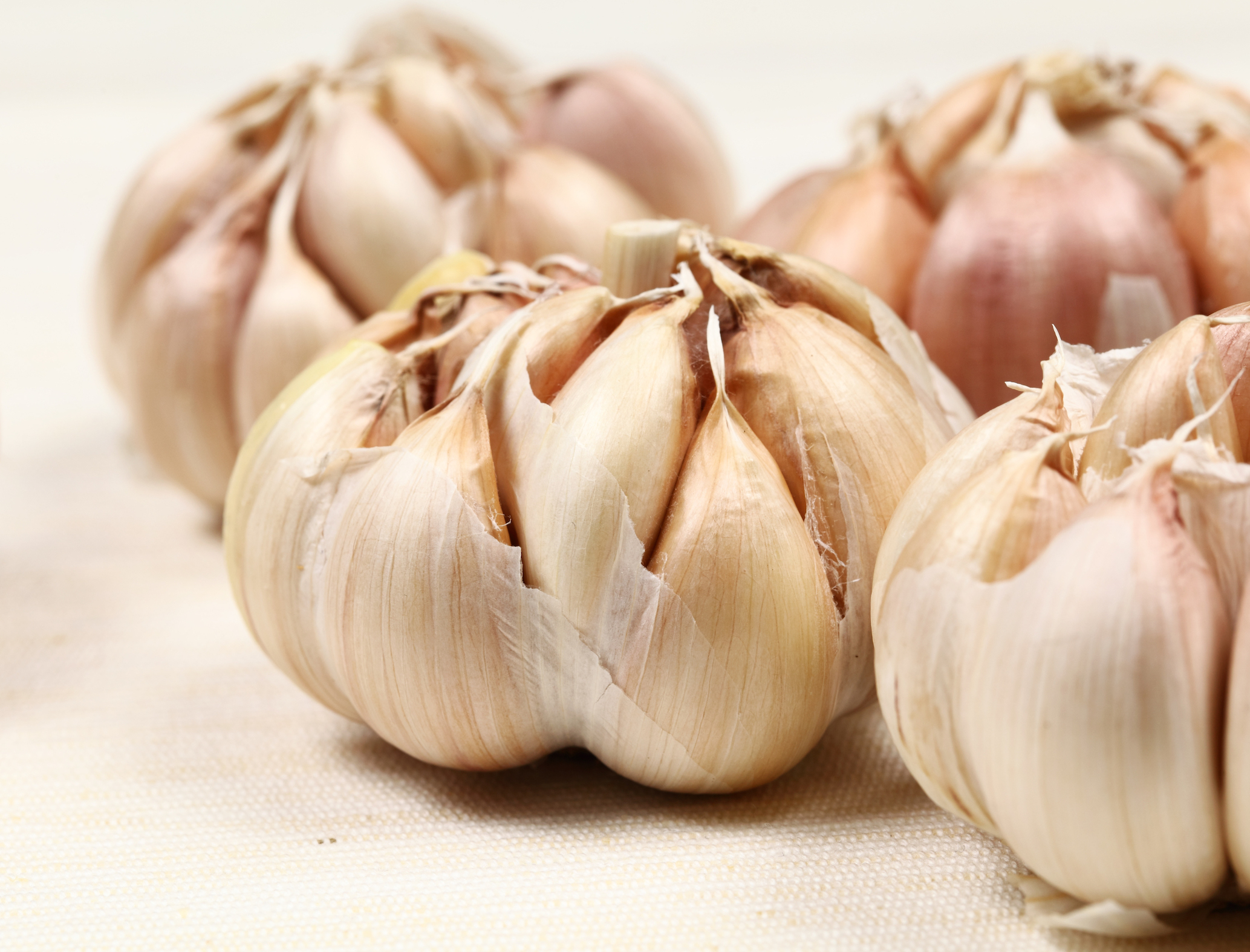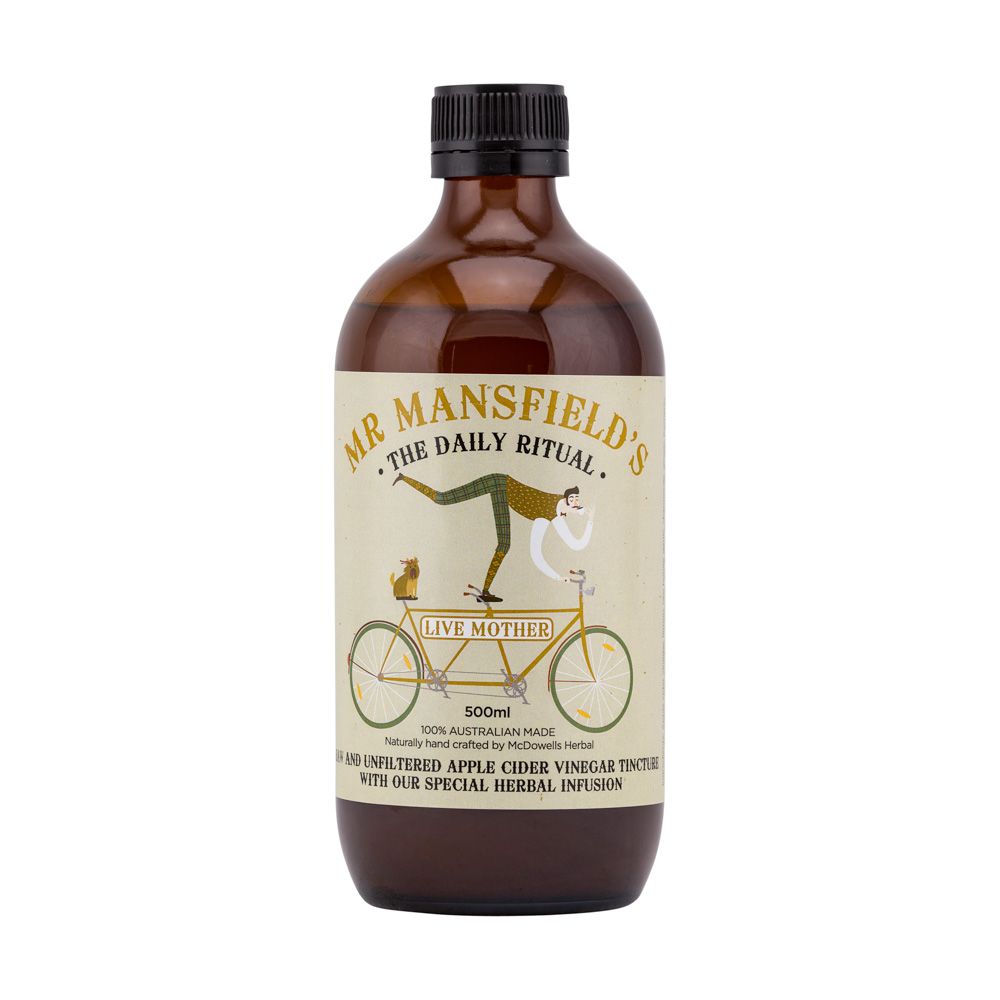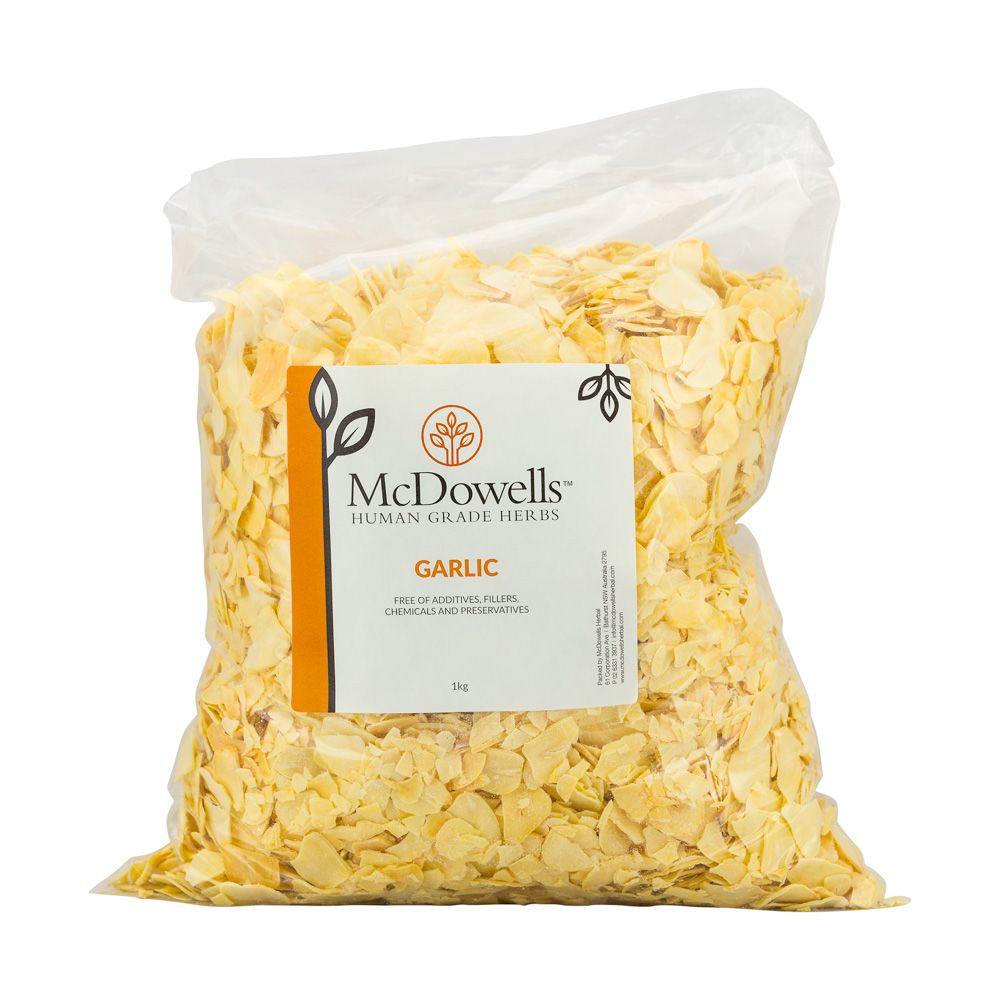The garlic flower was historically and traditionally used as a symbol over the door of the classical herbalist. Classical herbalists very rightly have great respect for this plant. Ancient Egyptians workers were entitled to a certain amount of garlic as part of their wages. Maybe we should all insist on regular partaking of garlic. The word garlic comes from Old English garleac, meaning "spear leek". Dating back over 6,000 years, it is native to Central Asia, and has long been a staple in the Mediterranean region, as well as a frequent seasoning in Asia, Africa, and Europe.

Its uses are many and varied.
It's good for virtually any disease or infection improving circulation, maintaining healthy cholesterol and blood pressure levels. Garlic is a natural antibiotic and immune system stimulant.
But it is also good for zapping bacteria, keeping your heart healthy, cholesterol levels, warding off coughs and colds.
New research shows that taking garlic during pregnancy can cut the risk of pre-eclampsia (raised blood pressure and protein retained in the urine). Studies reveal that garlic may help to boost the birth-weight of babies destined to be too small.
Louis Pasteur first verified garlic's antibacterial properties scientifically in 1858 , and during WWI garlic juice, water and sphagnum moss were used to bandage wounds . It was also used in WWII to prevent septic poisoning and gangrene . Even before Pasteur's discovery, garlic was a military disinfectant, and poultices of moss, garlic and wine were used to treat soldiers in the army of Ancient Rome . The lives of thousands of men have been saved by its use.
Modern day research helps explain the broad applications of this "miracle" herb. Garlic bulbs contain the amino acid allicin. When crushed, allicin is released. This chemical element is the component that gives Garlic its strong odour and is responsible for the powerful pharmacological properties of the plant. One medium clove of Garlic can equal the antibacterial action equivalent to 1% penicillin.
Garlic also contains about 0.5% of a volatile oil that is composed of sulfur-containing compounds. Garlic's sulfur compounds, in addition to Selenium and Vitamins A and C containing compounds, make it a potent antioxidant, protecting cell membranes and DNA from damage and disease.
Syrup of Garlic is an invaluable medicine for asthma, hoarseness, coughs, difficulty of breathing, and most other disorders of the lungs, being of particular virtue in chronic bronchitis, on account of its powers of promoting expectoration.
It is made by pouring a quart of water, boiled hot, upon a pound of the fresh root, cut into slices, and allowed to stand in a closed vessel for twelve hours, honey is then added to make it of the consistency of syrup. Vinegar and honey greatly improve this syrup as a medicine. A little caraway and sweet fennel seed bruised and boiled for a short time in the vinegar before it is added to the Garlic, will cover the pungent smell of the latter.
Bruised and mixed with oil, it has been proved to relieve whooping-cough if rubbed on the chest and between the shoulder-blades.
A clove or two of Garlic, pounded with honey and taken two or three nights successively, is good in rheumatism.
Let us know what you have used garlic for in your life.



